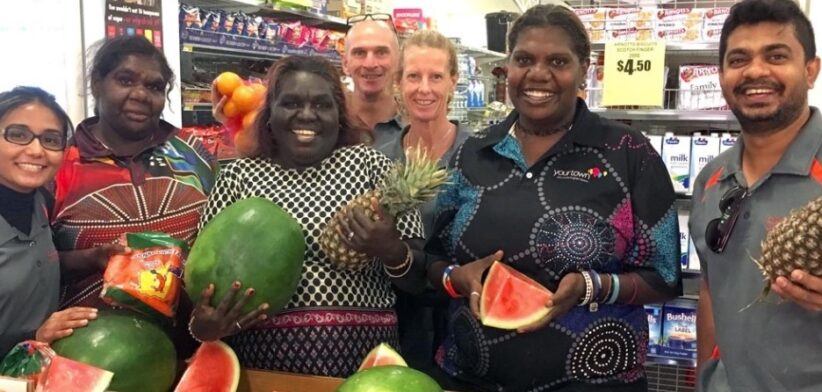Essential groceries in more than 70 remote Australian communities will be cheaper from today through a new Federal subsidy scheme.
Federal Minister for Indigenous Australians Senator Malarndirri McCarthy said the cost of 30 everyday essential items, from rice and tinned vegetables to nappies and toilet paper, would be reduced so they were comparable to supermarket prices in urban areas.
Senator McCarthy said the scheme was aimed at reducing the cost of living and the high rates of food insecurity experienced in remote First Nation communities, with expected savings for the list of items between 30 and 50 percent.
She said $50 million would be spent over four years to reduce the costs of essential items in more than 76 remote stores and over time the scheme would expand to include up to 152 remote stores.
“Remote stores can now apply to participate in the subsidy scheme, which will be administered by the National Indigenous Australians Agency and delivered by Outback Stores, a not-for-profit Commonwealth company.”
Senator McCarthy said to participate in the subsidy scheme, remote stores needed to sign up to a new National Code of Practice for Remote Store Operations, which set minimum standards aimed at improving remote store capability in three key areas – governance, operations and health.
“First Nations people living in remote communities have been paying significantly higher prices for essential items than people in the cities for far too long.
“The start of the subsidy scheme marks a significant step in our work to ease cost of living pressures and improve food security issues for remote communities.”
Outback Stores Deputy CEO Jay Rathore over the past year the initiative had been trialled and shown to bring genuine cost savings to remote communities.
“Feedback from these trial stores has been overwhelmingly positive, with customers reporting significant savings,” Mr Rathore said.








